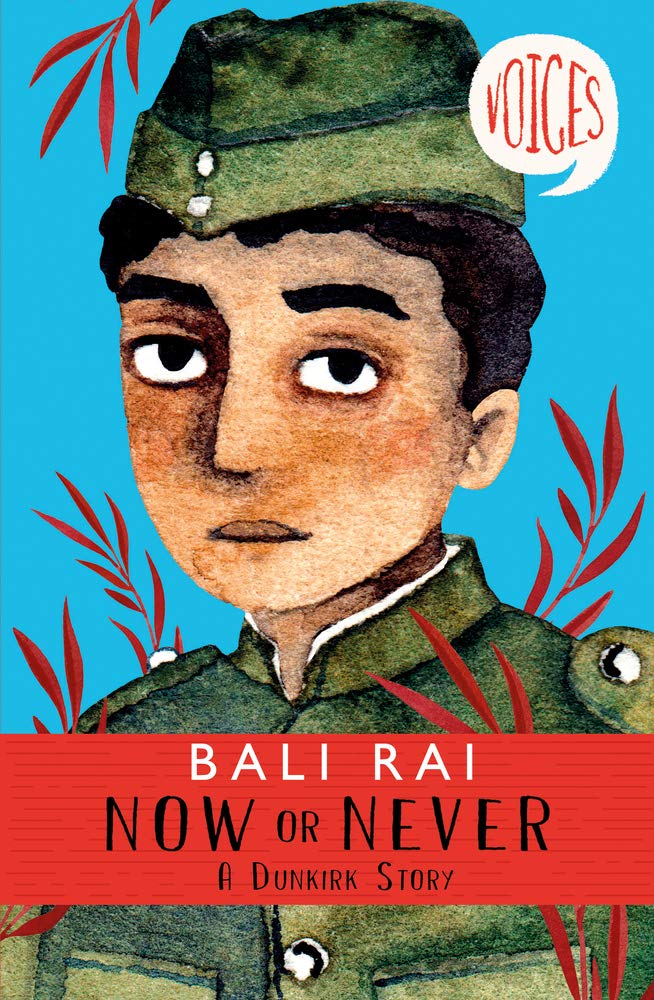This blog post doesn't really belong here, but here it is anyway.
Hannah Wilson's #DailyWritingChallenge theme for Friday was 'Dreams' and this is a version of the strange dream I had last night:
Hannah Wilson's #DailyWritingChallenge theme for Friday was 'Dreams' and this is a version of the strange dream I had last night:
He is late down again. I call up for him, as usual. He comes down, dragging his blanket with him, yawning and rubbing his eyes – like a just-woken child from a cartoon. The full cliché. The sight of him simultaneously annoys me and fills me with an overwhelming feeling of utter devotion.
It is just me and him now. Inseparable, others say. But there is a greater truth to it than that. There is no choice in the matter. He is there with me, and we have grown to like it that way.
I sit at the table, writing. Writing is my way of making sense of this world and these things that have happened. He drags himself to the bench and sits down. It’s what I wanted. I can’t stand him staying in bed, lazily. I can’t stand being down here on my own.
Today is the day – we can’t stay here longer, really. I think through our itinerary – always worrying that I’ve got a time wrong, that connections will be missed, that the destination won’t be everything I’ve built it up to be.
We’re all packed and ready to go. I take a last look around – I’ve been taking last looks around for a week now, thinking of all that I will miss about this place. About the memories that cling to the furniture and haunt the dusty corners. He isn’t there in all the memories, but I’m the one who tells the stories round here so if I want him there, he is.
Walking to the station, dragging bags behind me, I lose myself in daydreams. Daydreams of how we’ll thrive and prosper in the new place. Of how we will find friends, family even. Of how we’ll be taken care of.
Sitting back in the rough, prickly seats of the train gives me chance to write again. He sits next to me wittering on about what he sees out of the window and asking a million questions. All the things he wants to know about everything and nothing. Are we there yet? Can we have the snacks now?
Later on, we arrive. I slump down on the bed, exhausted. The bags left strewn around.
I get up to unpack – there are drawers and a wardrobe. I tell him to do his too because if I didn’t his stuff would stay in bags forever. He unzips the holdall I’ve been humping around for him all day, opens it up and begins to pull out his things. Except they’re not his things. They’re mine, and they’re useless. All the things I knew to leave behind. The things that wouldn’t be useful here. What’s more, they are the things that would drag me back, time and time again, to the old times.
I snatch up the bag, pulling item after item out of the bag. I fling them across the room, not caring where they land. “Where are your clothes?” I scream. “What do you expect to wear?” I ask. He stands there, not saying anything, voiceless.
I turn away, snatch up my journal and begin scribbling away, my pen scratching across the page, ink blotching and faltering. How could he be so stupid? Why did he do this to me? Doesn’t he know that if it wasn’t for me he wouldn’t even be here?
And when I turn around again, calmed by my scrawling, he is gone. And I know he isn’t coming back. I know I’ve written him out, that in my anger I’ve severed the ties that bound us. Those comforting cords that formed my safety net.
I also know that trying to bring him back into my life is fruitless – miracles don’t happen anymore. He was real to me and it was a real life that was lost. Just because I am the author of it all doesn’t mean that I can defy the laws of nature.
I am alone now, and it was my own anger, my own lack of love that made it that way. My fault. The pen is mightier than the sword, they say – and it might be true. Certainly, the one who wields either should be exceedingly careful: violent and regretful actions can be executed by both.
However, should I have had only a sword, I would still have him. He’d still be here and I wouldn’t be all alone again.












